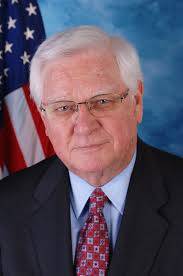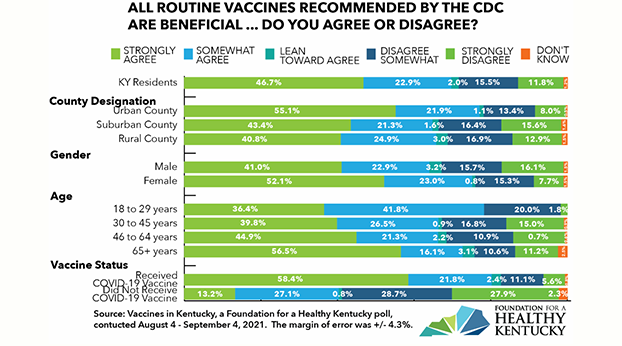Rogers applauds passage of 2020 federal defense bill
Published 11:10 am Friday, December 13, 2019

Rogers
WASHINGTON, D.C. — Congress passed the National Defense Authorization Act (NDAA) for Fiscal Year 2020 on Thursday afternoon, authorizing $738 billion to strengthen America’s national security and support our men and women in the U.S. Armed Forces. The bill also authorizes an additional $5.3 billion in emergency funding for disaster recovery.
The legislation takes major steps to address the complex threats that our nation and allies face today, and boosts the readiness of our military to deter and defeat any adversaries, as necessary. The bill supports a 3.1 percent pay raise for our troops, the largest increase in a decade, and provides an overdue overhaul of privatized military housing.
It recognizes the Space Force as an official sixth Armed Service of the U.S. military, fast-tracks nuclear modernization, and enhances our military fleet with next generation submarines, jet-fighters, missile destroyers, warships and more.
“We have no greater responsibility than to provide for the common defense of this nation. The NDAA invests in the long-term security of Americans at the battlefront, the home front and into the vast new realm of our space front. It puts families first, increasing military pay, ensuring family members of deceased veterans receive much-needed benefits, and repeals the Widow’s Tax,” said Congressman Hal Rogers, a senior member of the House Appropriations Committee. “I applaud my fellow Republicans for working tirelessly to rescue this bill from the partisan version that Democrats rushed through the House in July. Rather than slashing vital military funding and undermining key defense initiatives, this critical Defense bill now ensures our military maintains the power and readiness it needs to ensure our national security.”
The NDAA does not block the use of federal funding for border wall structures, nor restricts counter-drug operations. Additionally, it ensures terrorist detention facilities remain off of U.S. soil and keeps Guantanamo Bay open.
The legislation also provides up to 12 weeks of paid parental leave for federal employees for the first time, a key initiative of the Trump Administration.






